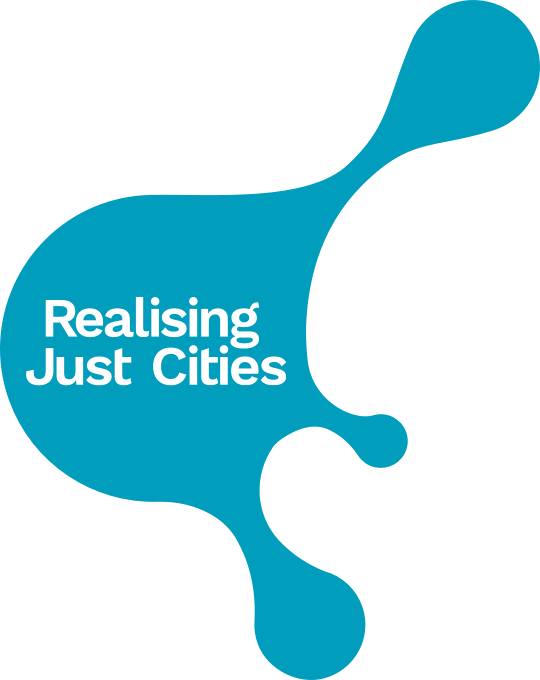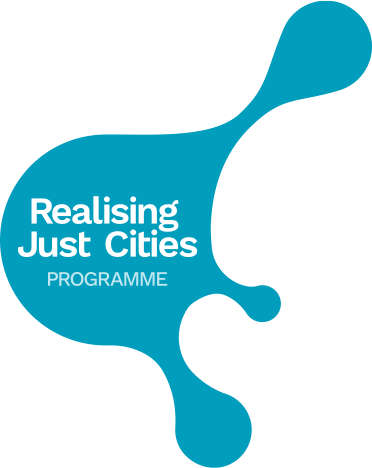Reflections on the Co-production in Action Field Trip
By Adrian Ball - 23rd October 2019
My name is Adrian Ball. I am the Chief Executive of a charity in North Manchester that provides a wide range of services for our community which is a community that is within the 5% of the most deprived areas in England. I have been working for the past 3 years as an action researcher alongside other colleagues from academia, local government and the community sector to review how co production methods can be designed such that they can show the way for how organisations, services and collaborations can be pathfinders for new models of governing communities and cities.
Having been fortunate to visit Gothenburg earlier in 2019 to witness some excellent practice shown by the cross sector partnerships facilitated by Mistra Urban Futures, I was delighted have the opportunity to continue my learning at the Realising Just Cities Conference in Sheffield, and then to invite a delegation of visitors from the different MUF hubs back to my charity in North Manchester to see how we put co production into action.
Although our time at Manchester Settlement was compressed due to a very difficult bus journey, the delegation were soon welcome into our friendly multi service community facility to begin a number of workshops exploring how the ESRC funded Jam and Justice project had explored from the ground up new ways of cross sectoral partnerships working together with extraordinary freedoms. It was fascinating to hear feedback from the academics present that the fundamental freedoms in the funded proposal were completely at odds with normal funding practice, but that they concurred that it was these freedoms to explore undefined areas that had made a huge contribution to the learning gained from the project.
At last it was my turn to tell my brief story of how my involvement in the Jam and Justice programme took me on a personal journey of development. The journey was one where I was gradually opened up to new, less managerial, less tightly managed ways of working, which could allow space for co producing new projects alongside colleagues and most importantly the community.
Manchester Settlement is a local organisation with a 120 year history, stemming from the international movement of settlement organisations. We have for maybe a decade struggled to recognise our unique contribution to our community. I was proud to have been able to take the delegates through the model that we have now co produced with our stakeholders, the model that ensures we constantly strive to create cycles of community change, the model that owes a little bit to every member of the Jam and Justice Action Research Collective.
I think that my new international friends enjoyed their time in Openshaw, North Manchester, most said they would pop in again – if they were passing.
Read a longer account of how Jam and Justice helped Adrian adjust practices at Manchester Settlement (from the Jam and Justice blog).




